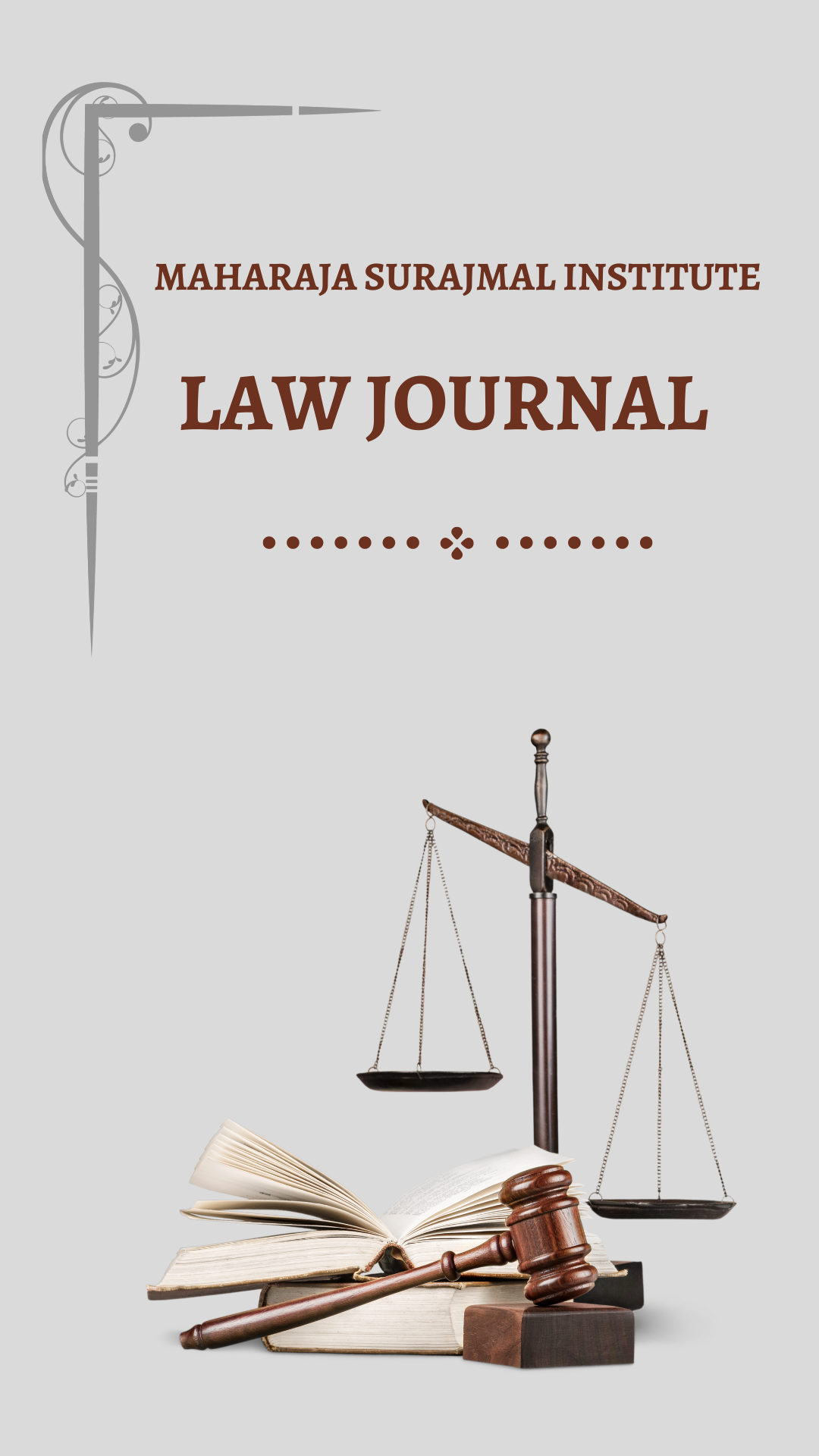Ethics and Malpractice
Ethics and Malpractices
Ethics and malpractice in research are critical concerns that ensure the integrity, reliability, and credibility of scholarly work. Adherence to ethical guidelines helps prevent misconduct and promotes trust in the research community. Below are key aspects of research ethics and which are expected to be kept in mind before submission to MSILJ.
- Researchers must present their findings truthfully, avoiding fabrication, falsification, or misrepresentation of data.
- Research should be conducted without bias, and any conflicts of interest must be disclosed.
- Researchers must respect the confidentiality of information collected from participants, ensuring data privacy and protection.
- Participants must be fully informed about the nature of the research, its purposes, potential risks, and benefits, and must voluntarily consent to participate.
- Researchers should avoid causing harm to participants and aim to maximize benefits while minimizing risks.
- Researchers must respect the autonomy and dignity of all participants, treating them fairly and equitably.
- Researchers should be accountable to the public, their peers, and their institutions for the ethical conduct of their research.
We strictly condemn and reject submissions engaged in the following research malpractices.
- Plagiarism- Using someone else’s work or ideas without proper attribution. This includes copying text, ideas, or data without acknowledgment.
- Fabrication and Falsification: Making up data or results (fabrication) or manipulating research processes or changing data to misrepresent the findings (falsification).
- Duplicate Publication: Publishing the same research findings in multiple journals without disclosure or permission.
- Authorship Issues: Including individuals as authors who have not significantly contributed to the research (guest authorship) or excluding those who have (ghost authorship).
- Conflict of Interest: Failing to disclose financial or personal interests that could affect the research outcomes or interpretations.
- Misuse of Privileged Information: Using confidential information acquired through peer review or other privileged channels for personal advantage.
- Non-Compliance with Ethical Standards: Failing to obtain necessary approvals from ethics committees or institutional review boards, or not adhering to agreed protocols.
Ensuring ethical conduct in research is essential for maintaining the trust and integrity of the scientific and academic community. It protects participants, upholds the quality of research, and ensures the validity and reliability of findings.




